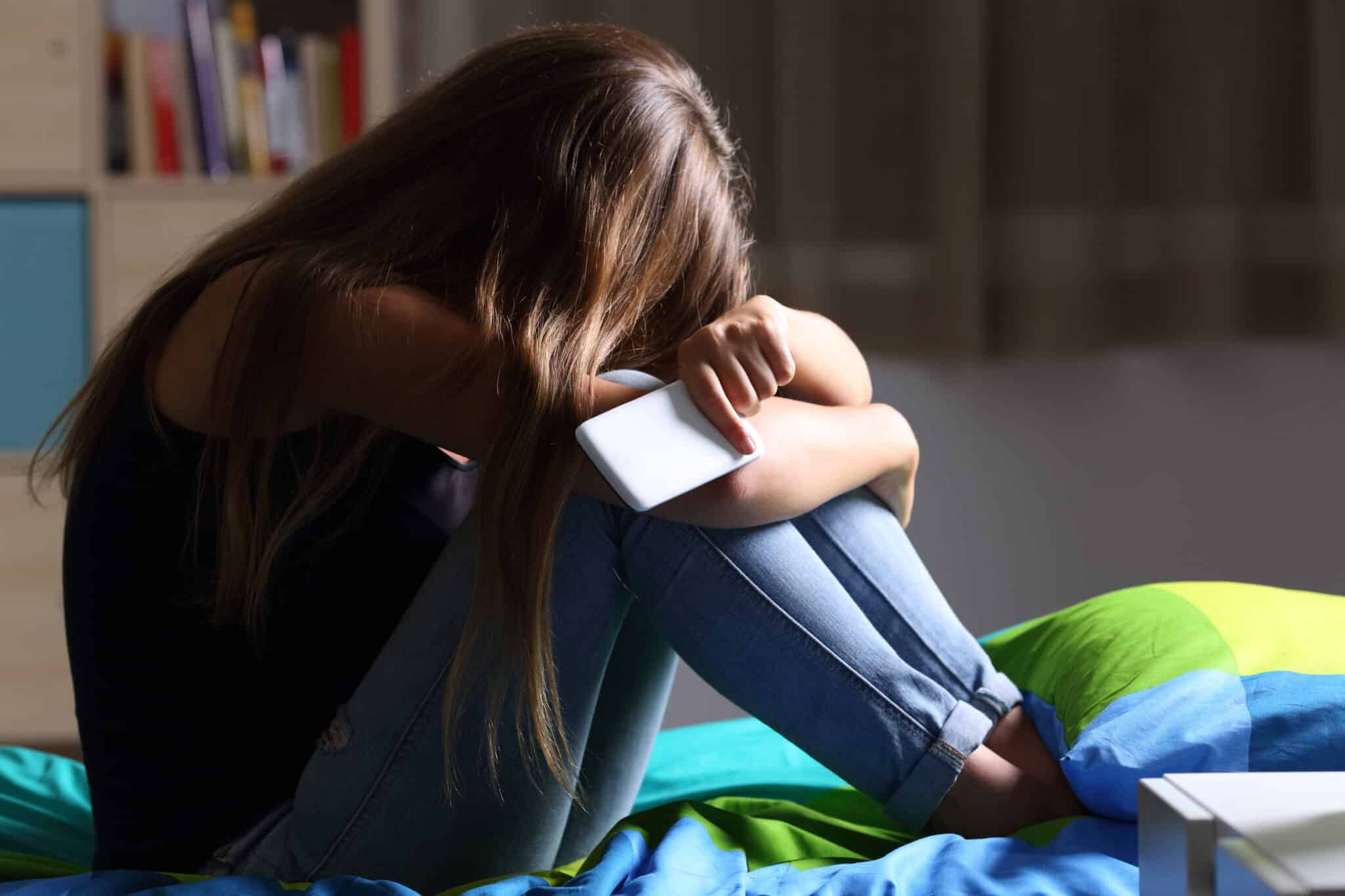It remains one of the tragedies of life that, the longer you live it, the more loved ones you lose.
Whether that loss be to death, to distance, to disrespect, the emotional result is the same: grief. We grieve the loss of the relationship that meant so much to us, we grieve and regret the things we didn’t say, or the things we did, the opportunities missed…
In a society as diverse as ours, grief may be one of the few universally experienced aspects, and yet, as Americans? We suck at grief.
Prior to urbanization and industrialization – back during the days when communities were small, tight-knit, and everyone knew (for better or worse) everyone else’s business – America seemed to have a better approach to grief.
While flawed, the communities of yore offered built-in support systems. Proximity, accepted social decorum, and even genuine care for one’s neighbors meant that, when a loved one passed on, those they left behind could expect individualized attention from a faith leader, high attendance at funerary rights and services, meal trains, frequent check-ins, and mourning considerations for the family. While grief was present, so was a community built to help carry the burden of it.
But today’s social landscape looks very different.
For most of human history, “community” was face-to-face, interactive, interdependent, and limited to a day’s walking distance.
Now, we’ve gone global.
And silent.
Grief, once borne publicly by communities, is now being carried quietly, by individuals. And, if the Loneliness Epidemic is any indication, we’re being crushed by it.
The majority of our populations live in cities with hundreds of thousands (if not millions) of “neighbors,” yet we are increasingly isolated. We might know the names of the folks next door (maybe?), but gone are the days where we’d wile away hours on the porch with them, discussing what our loved ones and theirs – all of whom probably still lived within the community – were up to.
Now we all just go to loved ones’ socials and leave the neighbors alone.
Which, some of us are coming to realize, also leaves us alone.
Technology has made it easier than ever to reach out, yet few of us have the support systems we need when times get tough. So when we lose someone who was an integral part of that very small support pool, where are we to turn for help? For guidance? For a shoulder on which to cry?
How many of us even still have an actual, human shoulder they can trust within reasonable driving distance anymore? And, even if we do, what is that shoulder to say?
“I’m so sorry for your loss.”
That’s all we’ve got.
Gone are so many rituals around death and loss that soothed our ancestors.
We’ve replaced them with care react emojis and “I’m so sorry for your loss” (Which, grammatically, centers you, by the way, and not the person actually experiencing the loss. Just an observation.) in the comments sections.
A family friend, Stephanie, lost her father this week. Predictably, the death announcement was met with hundreds of “care” emojis and “Sorry for your loss”es on Facebook. Modern societal standards say these reactions are the appropriate ones, and that, as friends, offering a reaction and maybe even sending a follow up condolences text means we’ve “been there for her in her time of need.”
But here’s the thing: Stephanie and her family lived two doors up the street from me in a time before the internet. Hers was a face I saw weekly, if not daily, as her daughter was my best childhood friend. Our families used to get together each week to watch “X Files” in Stephanie’s living room, if that gives you some sort of indication of my Elder Millennial age.
Stephanie was a formative influence in my life.
Ours was a relationship begun by physical proximity, but one whose foundation was built upon true community and love and respect.
So when I saw her announcement it triggered something deeper in me. A woman who used to feed me and host me for damn-near-weekly sleepovers with her daughter was suffering, and an “I’m sorry for your loss” is just so fucking inadequate.
Our societal offerings around grief are just so fucking inadequate.
So, I did something truly unthinkable for a Millennial: I picked up the phone and dialed her number. And I listened as she cried about her loss, from 300 miles away.
Because our society sucks at grief, I didn’t (and don’t) have the proper training to know what to say, so I listened. I listened and I offered what little wisdom I know from my ancestors, who had (and continue to have, for those who practice) rituals and rites around death and loss, built from thousands of years of community, designed to honor the one who passed and comfort the ones who remain.
I offered a traditional prayer in a language neither she (being of a different faith) nor I (carrying on the American tradition of “We speak English here!” eyeroll) speak fluently, and I lit a candle.
Light in a dark time.
It didn’t end Stephanie’s grief, of course, (that she will probably, sadly – yet rightfully-and-as-a-beautiful-testimony-of-love – carry with her for the rest of her life.) but our conversation did offer something…primal. In a world where communication is increasingly coming in a form and speed our ancestors wouldn’t recognize, Stephanie and I took time out and tapped into a practice from the past that offered at least a moment of true comfort.
Sure, the conversation was had over the telephone, but it was none-the-less a conversation. Her voice. My voice. Tone. Inflection. Introspection. Genuine care.
It was a seized opportunity for connection. Human connection. In a society that is starving for it.
And I’m so thankful we shared that moment…
It remains one of the tragedies of life that, the longer you live it, the more loved ones you lose. One day, in one way or other, Stephanie and I will lose each other. It’s inevitable. But when that day and that grief comes – when one of us is left grieving the relationship that meant so much to us, and the things we didn’t say or maybe even the things we did, this is one opportunity we didn’t miss.
It’s an opportunity we can be forever grateful we seized.
And gratitude is both the compliment and the opposite of grief.

Erin Greer
Erin Greer is an award-winning journalist whose work has appeared in digital, print, and television mediums across many publications. She served as managing editor for two national publications with focuses on municipal governments.


